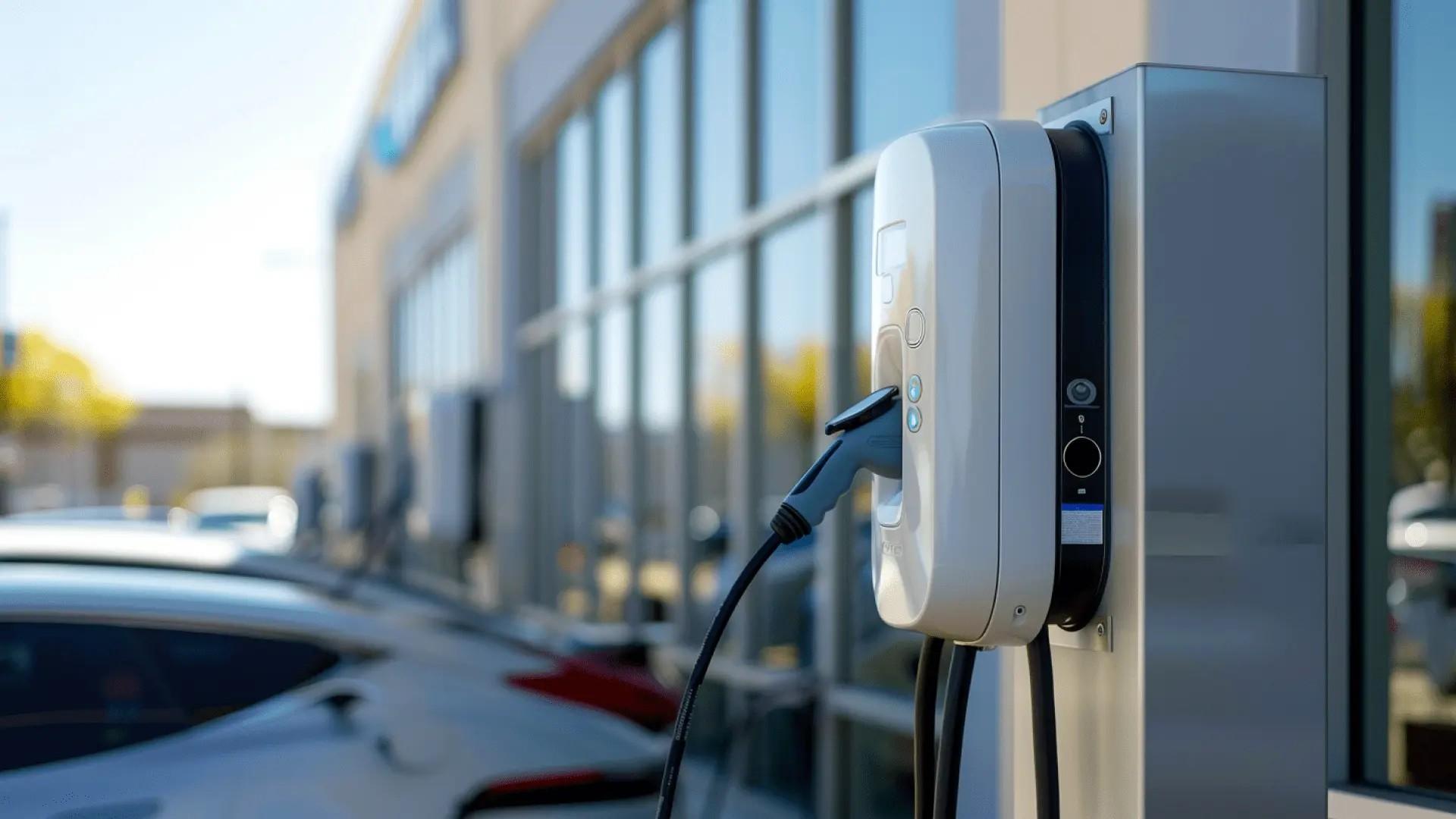Charging Forward: Why Businesses Across Industries Are Investing in EV Infrastructure

Charging Forward: Why Businesses Across Industries Are Investing in EV Infrastructure
Introduction
LiCB Charge, a leading EV charger manufacturer in China, delivers reliable AC and DC electric vehicle charging stations along with comprehensive charging solutions.
As electric vehicles (EVs) continue their surge from niche curiosity to mainstream reality, the demand for accessible and convenient charging options is accelerating. Companies of all sizes are realizing that installing onsite EV chargers not only meets this growing need but also strengthens their sustainability credentials, attracts customers and employees, and prepares them for the future.
Today’s EV drivers expect charging availability wherever they go—at work, home, or on the road. For many organizations, providing EV charging is no longer a luxury but a vital service that differentiates them in a competitive market.
So, which industries stand to benefit the most from adopting EV charging infrastructure? Let’s explore the sectors leading the charge and the reasons behind their strategic investments.
EV Charging Stations
Workplaces: Empowering the Commute
With many businesses shifting back to in-person work, the number of vehicles at offices and campuses is rising. Nearly 90% of companies expect to be fully in-office by 2025, bringing more electric vehicles onto their lots.
Workplace charging supports an eco-conscious workforce and is viewed as a progressive employee benefit. Level 2 chargers offer an ideal blend of charging speed and cost, providing a full charge over a typical workday.
Multi-Unit Dwellings: Bringing Home Charging to More People
Many EV owners live in apartments or condos without private garages. For landlords and developers, adding EV chargers meets growing tenant demand, boosts property value, and helps reduce turnover.
Level 2 chargers with flexible billing and smart load management optimize electrical capacity while providing convenient overnight charging.
Retail and Hospitality: Enhancing Customer Experience
Shopping centers, restaurants, hotels, and entertainment venues benefit from offering charging that matches customers’ dwell times. Providing Level 2 and DC Fast Chargers encourages longer visits and repeat business, while showcasing a commitment to sustainability.
Partnerships with charging networks and app visibility help drive foot traffic from EV drivers.
Fleet Operators: Keeping EVs On the Move
Delivery services, logistics firms, taxis, and hospitals are electrifying fleets to cut costs and emissions. Reliable Level 2 and DC Fast Chargers at depots, paired with fleet management software, ensure vehicles are charged and ready when needed.
A strong charging strategy also signals leadership in sustainability to clients and partners.
Municipalities and Public Parking: Driving Community Adoption
Public chargers in city parking lots, transit hubs, and rest stops expand access for residents without home charging options, supporting local climate goals.
Public-private collaborations help spread costs and maintenance responsibilities, making EV charging more accessible.
Healthcare Facilities: Supporting Patients and Staff
Hospitals and clinics offer charging to accommodate patients and staff spending long hours on site. This convenience aligns with healthcare’s mission of promoting health and environmental responsibility.
Choosing the Right Charger
-
Level 1: Basic and slow, suited for long-term parking or emergency use.
-
Level 2: Balanced speed and cost, ideal for most commercial settings.
-
DC Fast Charging: Rapid top-ups for high-traffic locations, with higher infrastructure investment.
Designing a Successful EV Charging Program
Success involves more than just hardware. Consider accessibility, payment options, smart management software, scalability, and visibility through app listings and marketing.
The Business Case
EV charging boosts customer loyalty, enhances brand image, supports employees, and opens new revenue opportunities. Government incentives and rising EV adoption make it a savvy investment.
Conclusion
Electric mobility is here to stay. By installing EV chargers now, businesses position themselves as leaders in a cleaner, smarter future. Whether managing offices, residences, retail spaces, fleets, or public facilities, providing EV charging is a powerful statement and practical advantage in today’s market.Learn more about Google SEO.
- Art
- Causes
- Crafts
- Dance
- Drinks
- Film
- Fitness
- Food
- Jogos
- Gardening
- Health
- Início
- Literature
- Music
- Networking
- Outro
- Party
- Religion
- Shopping
- Sports
- Theater
- Wellness
- IT, Cloud, Software and Technology


